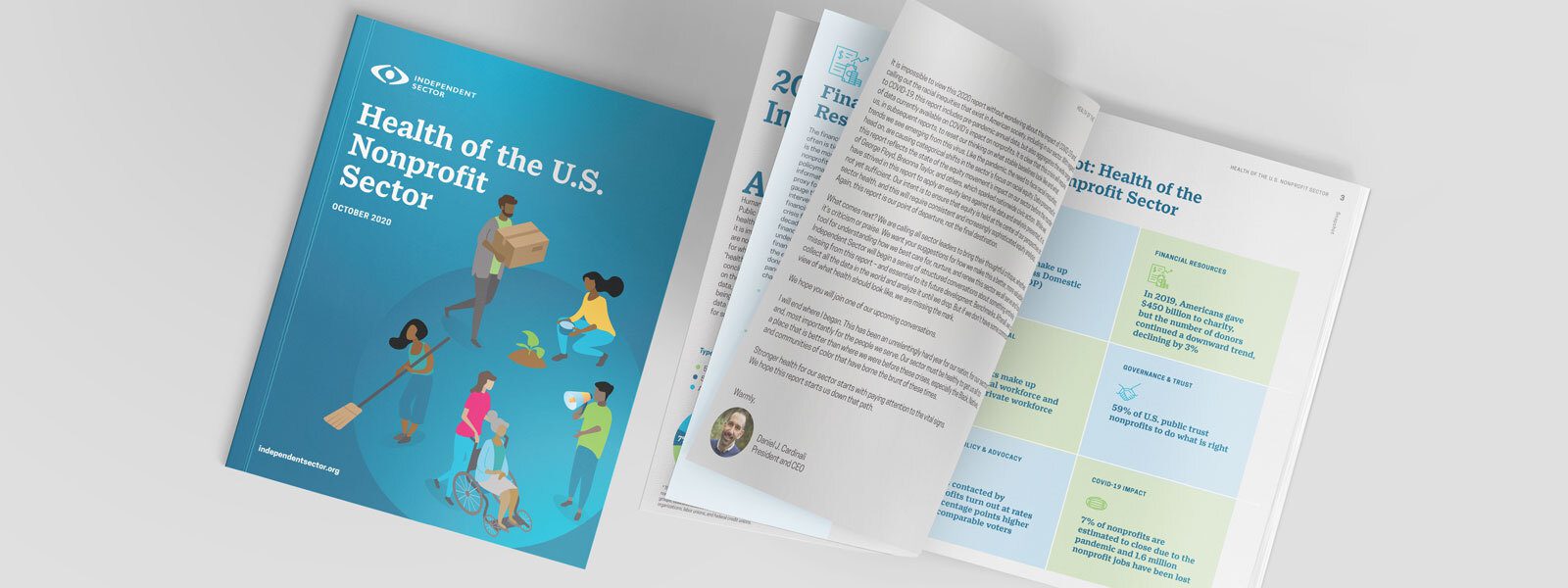Keeping it Ethical is our weekly blog series highlighting the 33 Principles for Good Governance and Ethical Practice. Throughout the series, we hope to highlight the importance of each Principle, the helpful resources associated with it, and learn more from you about how you’ve incorporated these Principles into your charitable organization.
Ethical Emani is our in-house expert on all things Principles and #npethics. Emani returns this week with her Dear Abby inspired wit to lay down the dos and don’ts on fundraiser oversight.
***
Dear Ethical Emani,
I work at a small nonprofit that has been growing steadily for the past few years. This year we set some seriously ambitious fundraising goals. While we utilize volunteers to support some program activities now our leadership team wants to pool their energy toward meeting new fundraising quotas. I am worried about how we’ll be able to manage and support our volunteers in taking on such a complex role. I am not sure if I should fall in line with the excitement to make this happen or name my concerns.
Curiously yours,
Reticent Ramy
***
Dearest Ramy,
Training volunteers to support on the critical task of fundraising is laden with liability so your reluctance is rightfully placed. I feel you! There’s a plethora of possible pitfalls that your organization may open itself up with this technique.
Instituting effective oversight and proper training is necessary for your volunteers to thrive as they step into fundraising. Fortunately, volunteers being leveraged as fundraisers is a relatively common practice meaning we’ll just need to prioritize the work you have ahead.
First up, rules – your organization should already have fundraising procedures properly codified and in compliance with federal, state, and local laws. If there’s any doubt, start by reviewing your procedures and consult your organization’s legal professional. If you need a quick refresher on the basics start with our handy state laws map or check out this incredible robust compliance guide that Harbor Compliance has pulled together. Pay special attention to provisions that may apply specifically to representatives working on behalf of the nonprofit. For example, organizations that utilize paid consultants or solicitors can be required by law to have a specific contract in place including verifying registration, scope of work, time, and fees to be paid.
Next up, planning – and no, you can’t train on the fly with this topic.
You must provide a thorough training for your volunteers and any other stakeholders jumping on the fundraising bandwagon. Volunteer training is already considered a best practice, but a specific training centered on ethical fundraising practices is equally important. There’s no need for us to rewrite the million articles detailing how to run an effective volunteer training. Instead let’s review the highlights on what to do and what not to do.
Volunteers (and any other folks helping to catch those dollars) should be trained on the following dos:
- Understand and sign off on your organization’s code of ethics and volunteer manual.
- Hold a comprehensive understanding of their legal and ethical obligations as fundraisers.
- Follow set procedures for communicating with donors and representing the organization.
- Understand that various fundraising vehicles mean different procedures and rules apply. Mail, phone calls, and online peer-to-peer crowdsourcing platforms all have separate compliance mechanisms. For example, most states dictate specific protocol when soliciting donations over the phone.
- Treat all donors with respect and uphold privacy rules and requests.
- Provide clear materials detailing the campaign and organizational information.
Let’s not forget about that don’ts for fundraisers:
- Triple don’t, don’t, please don’t – harass, annoy, intimidate, or use any style that could be misconstrued as a coercive action
- Provide tax, financial, and legal advice to a donor
While this isn’t an exhaustive list the above points are a strong start.
Volunteers can be rockstars when it comes to fundraising. They are not bogged down by the daily struggles at the organization and have been drawn to your work because of their passion. Donors get excited when they listen to volunteers and can connect more easily to your work through their testimonials.
Perhaps you’re sitting there inspired by the volunteer potential you’ll be able to unleash given the right technical set up. Or maybe you have a desire to pull open a million more browser tabs to dig deeper into fundraising ethics, well here’s a head start to keep you going:
- Fundraising Ethics – Association of Fundraising Professionals
- Ethical Fundraising – National Council of Nonprofits
- Charitable Solicitation, State Requirements – IRS
- Fundraising Compliance Guide – Harbor Compliance
Be sure to take your concerns to the leadership team and offer the above points as a solution. They will need to recognize that there’s a serious investment in staff time and resources to get volunteers fundraising ready.
Here’s to hoping you hit those fundraising goals and more!
Ethically yours,
Emani
______
Learn more about Principle 31 and the associated resources.
If you’ve got additional resources that support Principle 31, please share them or any other thoughts in the comments below, or use #npethics on social media.



